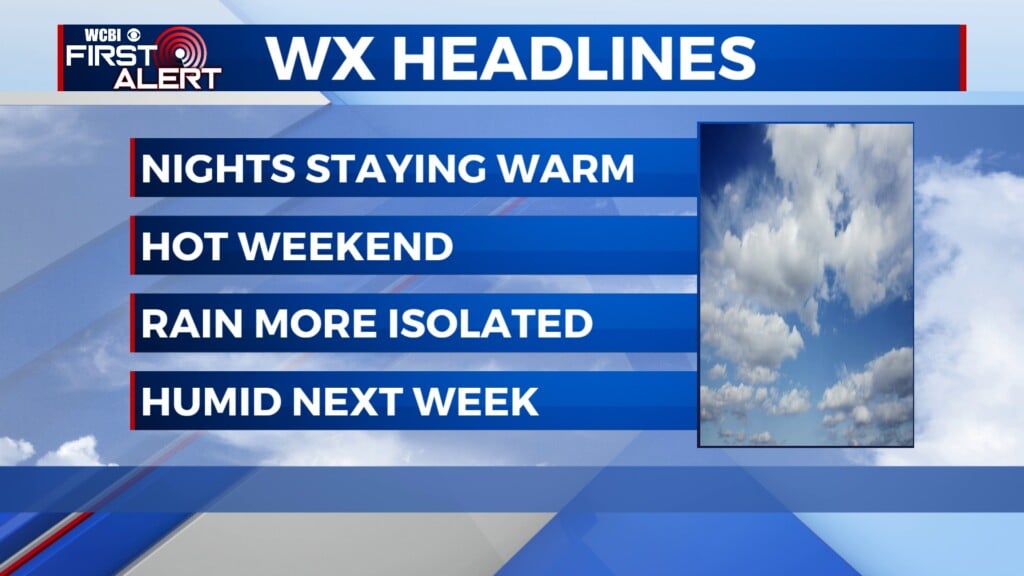Budget Plans: MAEP Short, Senate Funds Pre-K
by Bobby Harrison/NEMS Daily Journal
JACKSON – The Mississippi Adequate Education Program, which provides state support to local school districts, is about $300 million short of full funding under both House and Senate budget proposals.
The Senate provides $36.1 million, or 1.6 percent, more for kindergarten through 12th grade than the 2012 Legislature. The House provides an additional $28 million.
Lt. Gov. Tate Reeves said the Senate plan will include $7.5 million for his proposal to help local school districts hire armed law enforcement officers and $8 million to begin the phase-in of a pre-kindergarten program. Mississippi is one of only four states not to appropriate money for early childhood education.
Both House and Senate plans provide increased funds for the Public Employees Retirement System. An additional $55 million will be needed for PERS with about half of that for local school districts.
“We know we are underfunding a lot of programs,” said House Appropriations Chair Herb Frierson, R-Poplarville, on Wednesday when he passed 53 budget bills through the House. “We are giving agency heads broad latitude to make their budgets work.”
Budget action is still in the early stages. The process starts with the House passing half the bills to fund state government and the Senate passing the other half. Then each chamber takes up the half passed by the other house.
The House still must pass a bill to fund Medicaid before it completes its half. Medicaid has been caught up in the battle of whether to expand it under federal legislation. The bill pending before the House does not address the expansion and it is not clear whether it can be amended on the floor to to do that.
The Senate is expected to take up its budget bills in the coming days, possibly today.
Both House and Senate leaders have adopted a position on the entire budget. The Senate budget is $5.61 billion, or $58.5 million, above what the Legislature passed in 2012. The House proposal is $5.59 billion.
Both leave more than $200 million in reserve funds.
Reeves said the Senate proposal “is a very conservative budget” and pointed out that the two proposals are similar because the appropriations leaders from the two chambers have been working together.
In both proposals, most agencies are level funded or provided enough additional funds to pay for added retirement costs.
It’s possible legislative leaders will meet before the budget process concludes to raise the revenue estimate if tax collections continue to exceed projections. If that occurs, additional money could be available to appropriate.
Money for a program passed by both sides to enhance reading instruction in the early grades is not provided in the House or Senate proposals, though leaders said they will work to provide money for the literacy effort.
And money for a $5,000 teacher pay raise approved by the House also is not included in the budget proposals, and leaders indicated it is not likely to make it through the process.





Leave a Reply